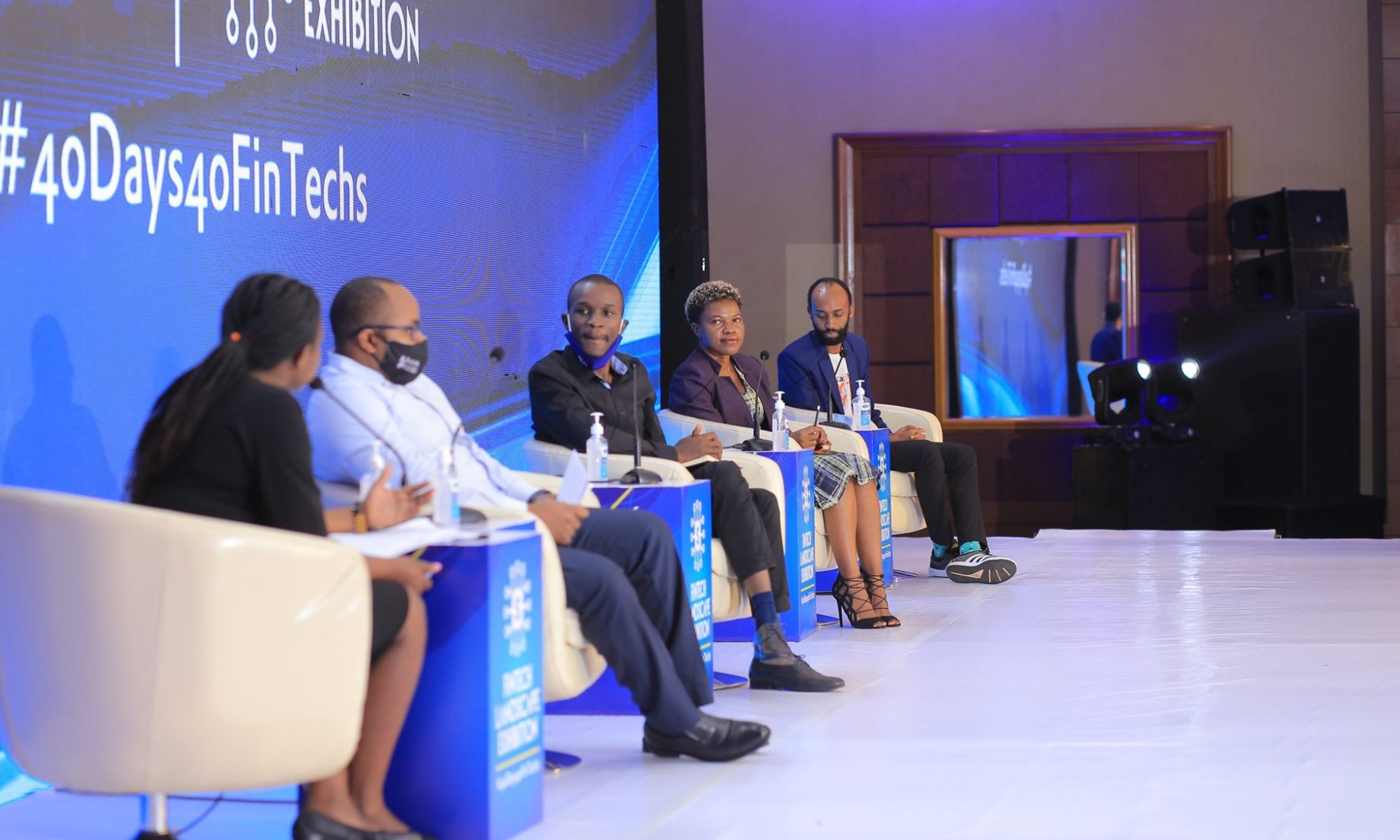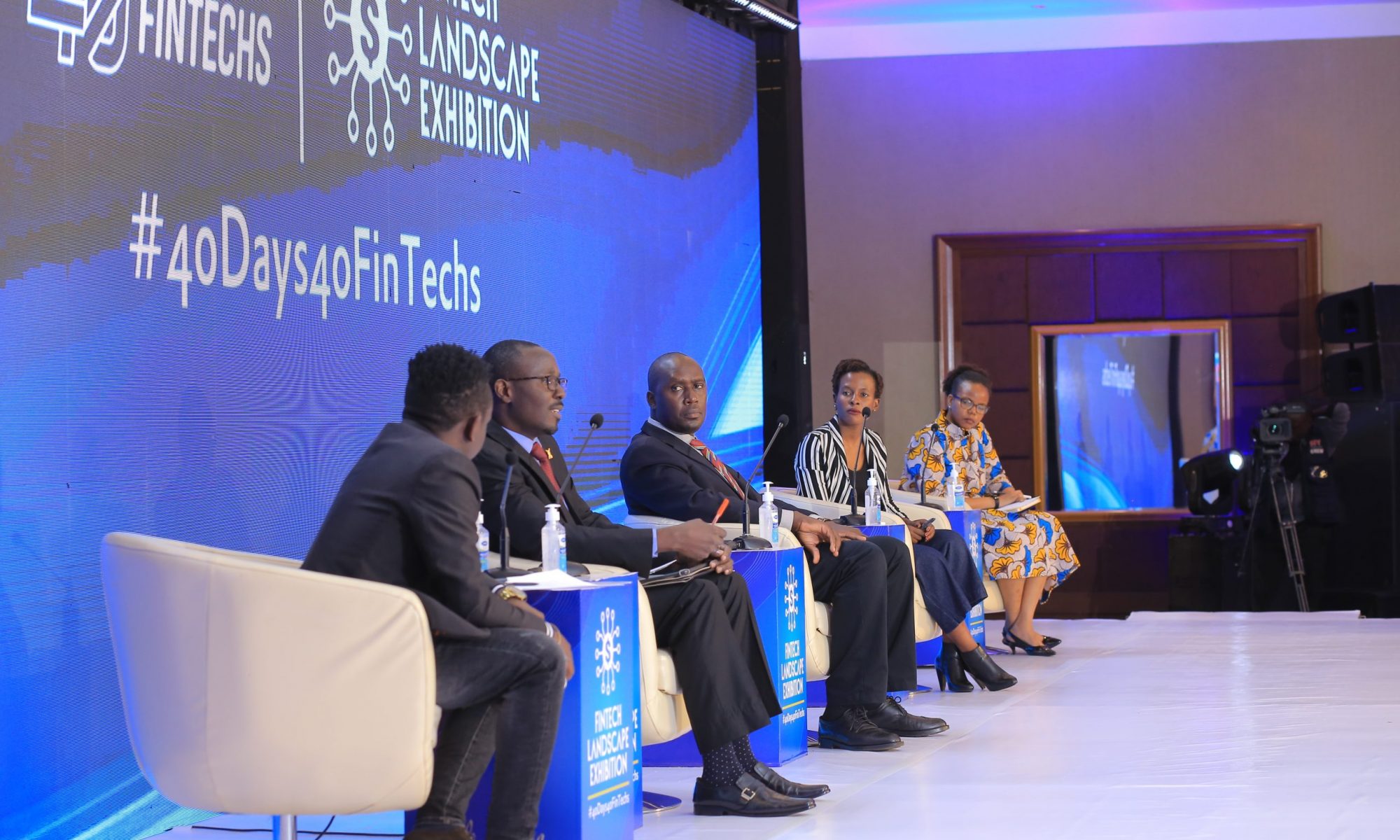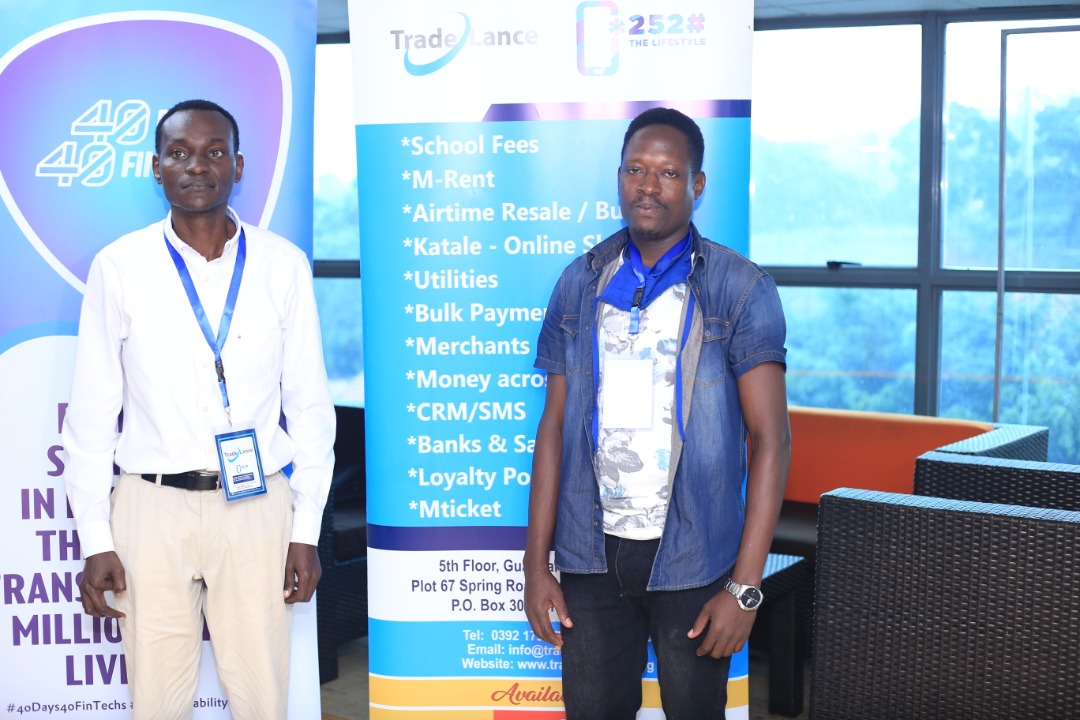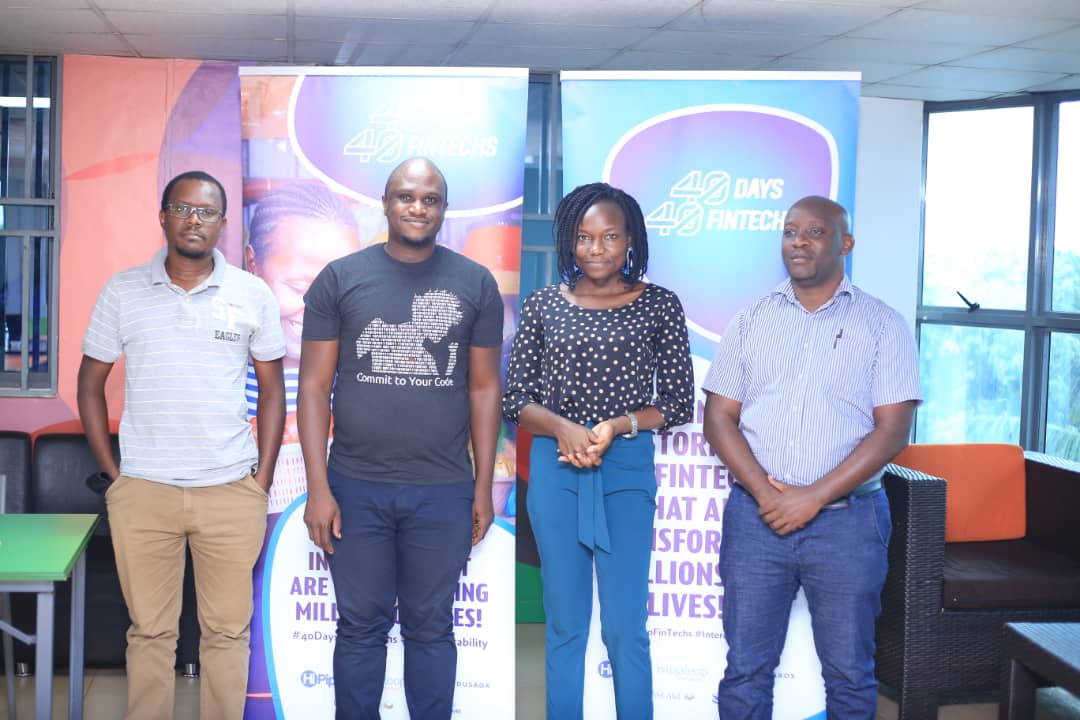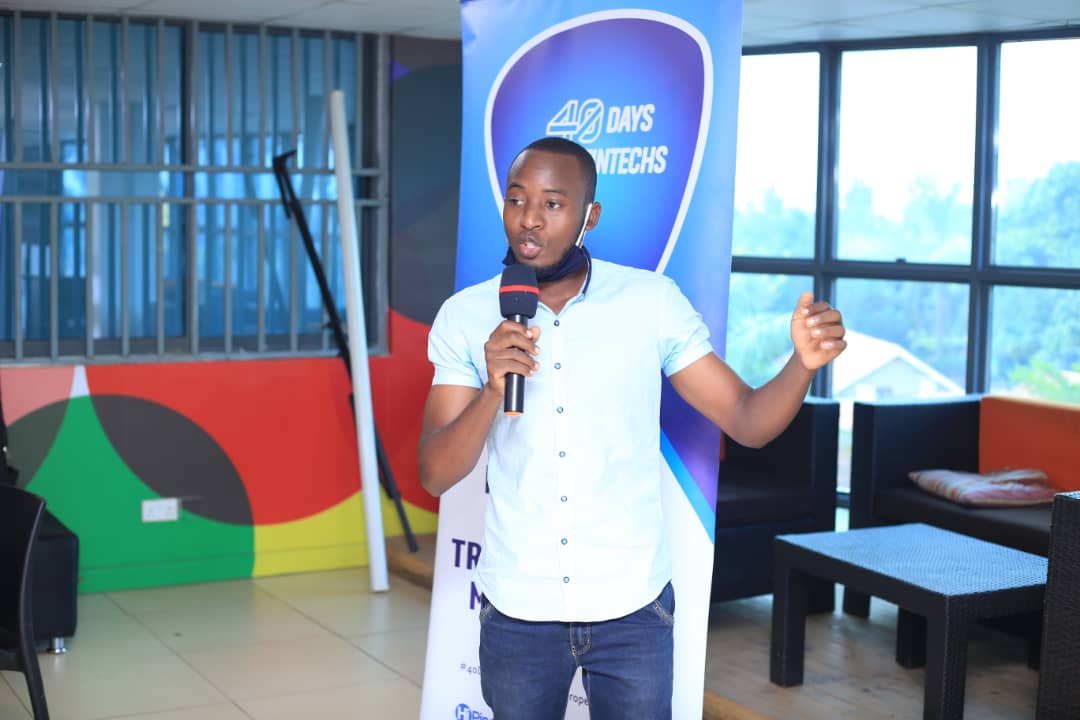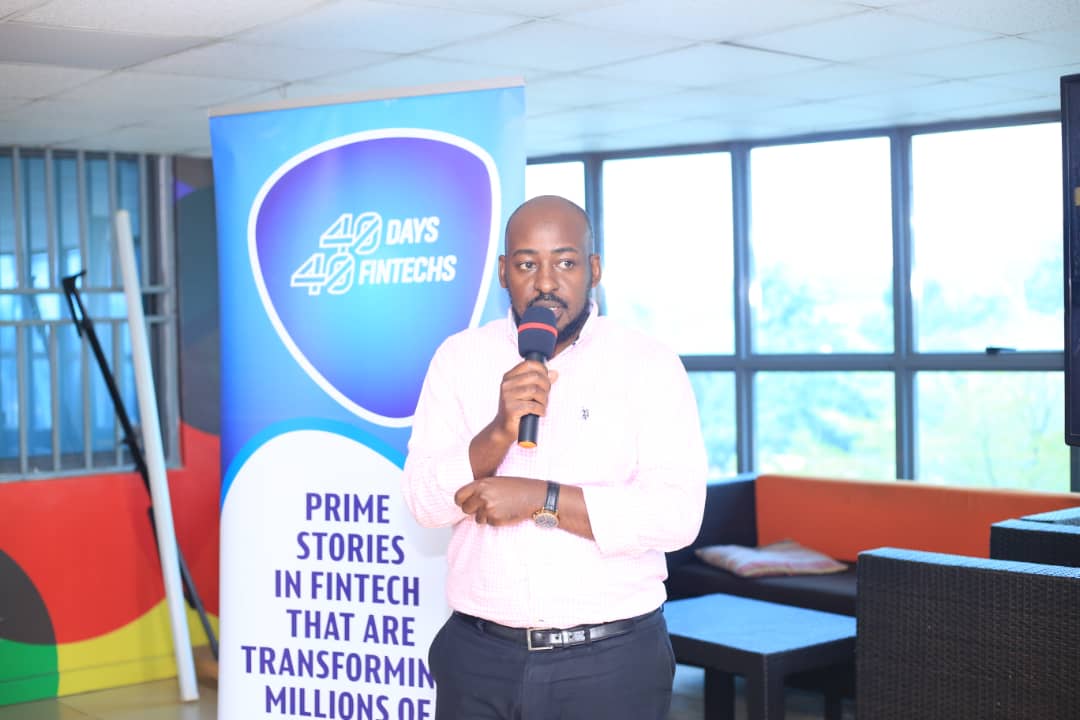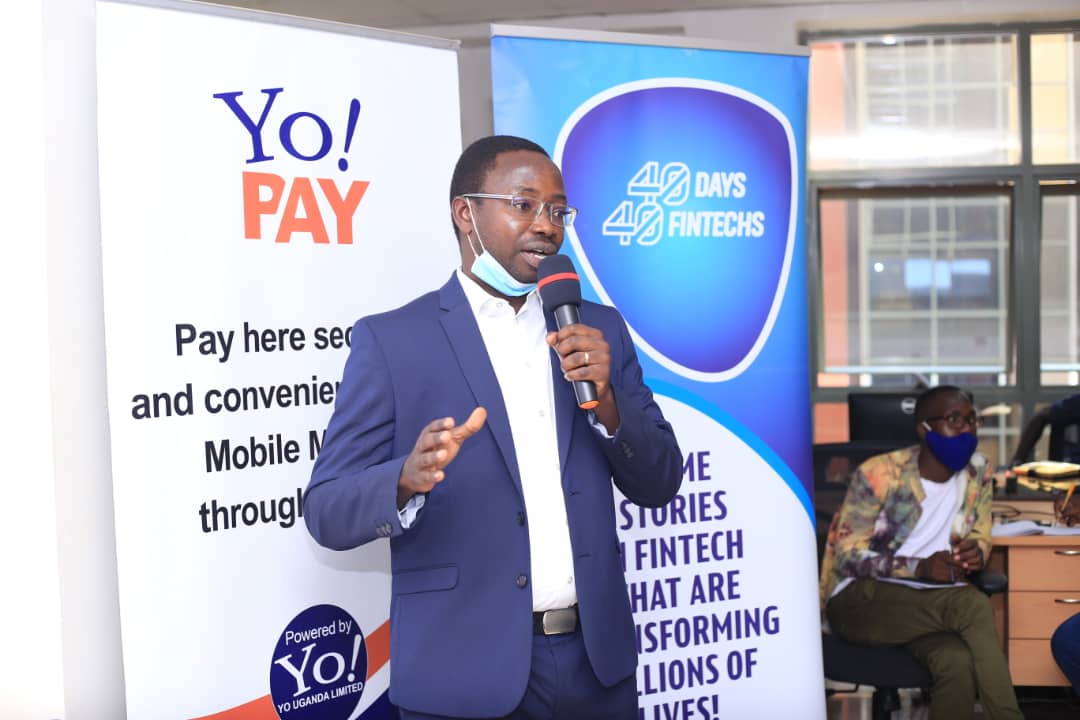17th, August, 2020: As part of its on-going Financial Inclusion efforts in Uganda and across Africa, HiPipo has today unveiled the Women in FinTech hackathon and summit.
Slated for 12th to 17th, September, the Women in FinTech hackathon will have developers convening to develop financial inclusion solutions that address their communities’ needs, aided by Level One Project principles and the latest payment technologies such as Mojaloop open source software. During the hackathon, the participants will interact with facilitators, mentors and judges drawn from across the world.
Registration for this first of its kind hackathon has kicked off today – 17th August 2020 and will go on until Friday 4th September 2020, after which shortlisted teams will be announced and guided on next steps. Eligible participants will be those that will have registered a team of 2 to 4 participants; the team leader must be a woman and at-least 2 of the team members must be women too.
Organized by HiPipo under its Include EveryOne program in partnership with Crosslake Tech, ModusBox and Mojaloop Foundation, this women focused hackathon will culminate in to the Women in FinTech summit on Friday 18th September.
While announcing these two activities, Innocent Kawooya, the CEO of HiPipo noted that it is important to have more women involved in financial technology as this will ensure that products and services on the market are well-tailored to serve women, who while are the majority are less included.
“In line with both Bank of Uganda and Level One Project’s Financial Inclusion principles, the Women in FinTech hackathon and summit will promote the adoption of ICT-based financial services because they deliver affordable and innovative financial solutions to the poor, vulnerable and least included groups such as women., ”Kawooya said, adding;
“The project holistically supports both the United Nations and the government of Uganda’s efforts of using ICTs for socio-economic transformation. We need to bring more women on board so that there can be more products that properly address the needs of the majority women.”
The Women in FinTech Hackathon and Summit come at the back of the great success of the recently concluded 40 Days 40 Fintechs initiative and the FinTech Landscape Exhibition that attracted over 100 financial sector organisations from across Africa, between May 13 and July 30th 2020.
Important Dates:
- 17th August to 4th September: Online Registration.
- 4th to 8th September: Eligible participants announced.
- 12 September: Women in FinTech hackathon briefing for shortlisted teams.
- 14th to 17th September: Women in FinTech hackathon.
- 18th September: Women in Fintech summit.
Eligibility:
- A team of 2 to 4 developers.
- The team leader must be a woman.
- At-least 2 of team members must be women.
Benefits:
- Networking with fellow Developers and Facilitators from across the World.
- Mentorship from Industry Players and Business Leaders.
- Access to latest infrastructure and technology.
- Prizes to the winning team and all participants.
Ends.


